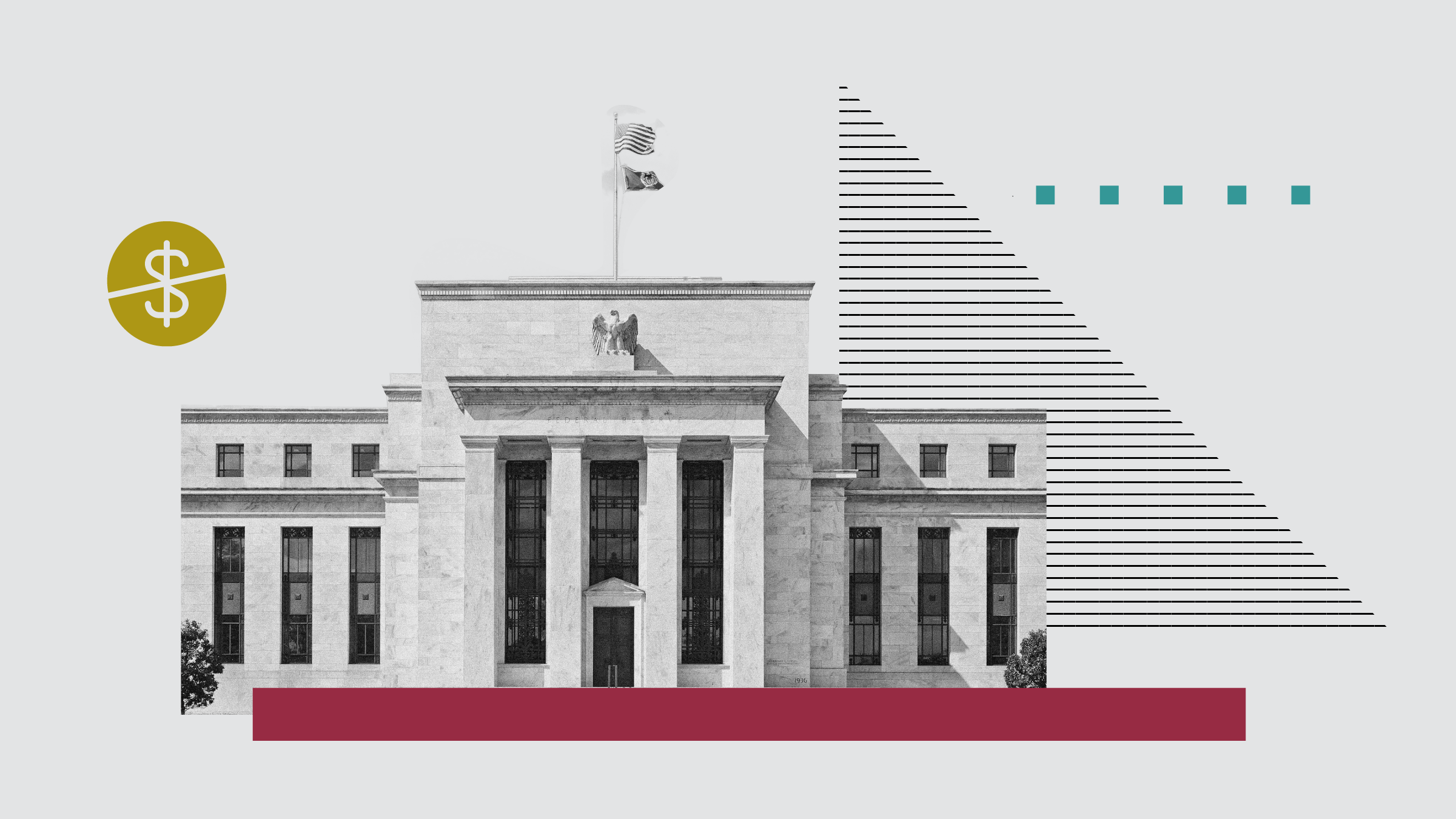Emma Wall: Hello and welcome to the Morningstar Series, Ask the Expert. I'm Emma Wall and I'm joined today by Jose Garcia Zarate to talk about passive funds.
Hello Jose.
Jose Garcia Zarate: Hello.
Wall: So I've been writing about investing about a decade, when I first came into this industry, there wasn't much talk about passive funds. No one really in the retail space used them that much, it was much more about blending actively managed funds.
However, now most people within that portfolio have at least one or two ETFs or trackers, so when will passive funds made available to retail investors?
Zarate: Passive funds have been in the marketplace for decades, but I take your point about the increased popularity over the past decades and I think that's because of the arrival of exchange traded funds really to the marketplace.
What ETFs have brought to the marketplace apart from a very aggressive low-cost strategy is, a very straightforward corporate attitude from the providers that they were going to offer all sort of exposures, so that investors would be able to build entire portfolios, using ETFs if they so wish.
Wall: As well as this fantastic range of ETFs available to people, the low-cost and the fact that they are real-time priced, which makes them very easy to trade.
There was of course a massive macro event, which was we have the global recession, a lot of active fund managers failed to deliver to investors and they thought actually you know what, I'd rather track the market.
Zarate: That was perhaps a tipping point, but actually you don't have to go that far back, I mean you just have to look back at 2014 bull market and most of the active managers actually underperformed. I mean it just goes to show the importance of actually choosing the right manager and how difficult it is to actually find them or her.
When you're faced with that predicament really, you must just go and say, well, why don't just do a low-cost tracking strategy, because at the end of the day in the long-term I'm highly likely to be better off really.
Wall: Going back to your point about choice, we've had tracker funds available for quite sometimes, but they were quite restricted in the assets that they gave you exposure to, whereas ETFs, I mean, equities across the globe, right down to some sort of difficult to reach frontier markets; gold, extremely popular, especially during the recession, but also fixed income that's been quite a revolution…
Zarate: Well, fixed income has been a beautiful revolution for ETFs. On the fixed income you have to realize that is a massive market, I mean it's much bigger than equities in some cases. But when you think about it, how easy it is to buy a government bond or a corporate bond?
Wall: Not that easy.
Zarate: It is not that easy and suddenly you get these products, ETFs that give you that exposure and they are very easy to operate. So they basically, I think it is no exaggeration to say that ETFs have democratised the investing and bring asset classes that were previously out of bounce to the common investor to all of us really.
Wall: Then looking forward, the next big thing in passive investing is strategic beta, sometimes called smart beta, which is this blend of sort of slight – a little bit active, a little bit passive in order to boost returns, there has been a lot of talk about this types of strategies and a lot of media coverage, a lot of interest, but quite interestingly, the figures from the first quarter of this year in flows across Europe show that perhaps the rhetoric is a little bit before the reality.
Zarate: I think the rhetoric is justified, I mean there is a lot of interest out there, but you are totally right, when you look at the figures for the first four months of the year, total net inflows into the ETF market in Europe totaled around €34 billion, of which about just €4 billion have been directed to strategic beta.
To me that basically says that, whereas there is a lot of interest out there and it is properly justified, because they are very interesting products. Investors want to fully understand before investing and there is actually a common sense way of going about things if you ask me.
Wall: With ETFs as with all investing?
Zarate: Absolutely.
Wall: Jose, thank you very much.
Zarate: You are welcome.
Wall: This is Emma Wall for Morningstar, thank you for watching.





























